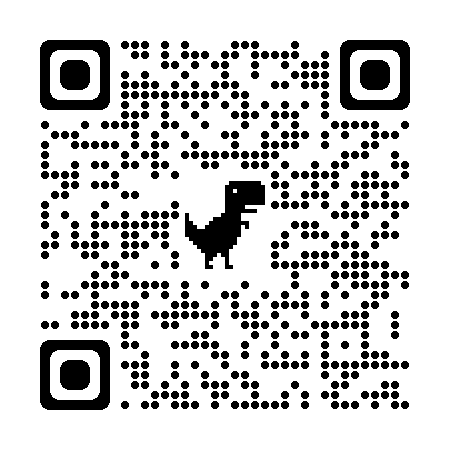Is Acupuncture Cure Insomnia?
Sleep disorders occur when difficulties and complications interfere with the quality and length of sleep. One reason why it is so important to consistently have a proper night’s sleep is because without it, other medical issues may worsen. Even a single restless night can leave one feeling mentally, emotionally and physically exhausted.
While a complete catalogue of sleep disorders is long and varied, the following list contains some of the most common ones that respond well to treatment with acupuncture and Oriental medicine:
Insomnia
Sleep apnea
Snorin
Night terrors
Narcolepsy
Jet lag disorder
In China and other part of Asia, acupuncture has been used for over 2000 years for treating everything from headaches and neck pain to nausea and even depression. It’s a respected practice, one with a long, complex history despite some raised eyebrows from doctors; more and more of the stressed out, sore workers are looking towards the eastern medicine: roughly 10 percent of Americans have admitted that, at one point or another, they’ve endured sessions with strategically-placed needles. This growing popularity is in no small part to the practice’s ability to cure one ailment in particular: insomnia.
Traditional oiliness medicine is based on the 2000-year-old philosophy that two opposing forces, yin and yang, inhabit the body. Energy flows along specific pathways throughout the body keeping these forces balanced and the body healthy. If the flow of energy gets blocked, however, the disruption can lead to pain, lack of function, or illness. Acupuncture therapy releases these blockages in the body and stimulates function, evoking the body’s natural healing response through various physiological systems.
According to UCSD’s Center for Integrative Medicine, “acupuncture improves the body’s functions and promotes the natural self-healing process by stimulating specific anatomic sites — commonly referred to as acupuncture points, or acupoints.”
A pleasant side effect of a session? Several nights’ worth of better sleep.
“About ninety percent of my patients, in fact, fall asleep on the table during a treatment and many leave feeling quite relaxed and almost euphoric,” says Teri Goetz, a New York-based acupuncturist.
There may be a reason. Commonly used in treating insomnia in China, acupuncture has been shown in clinical studies to have a beneficial effect on insomnia compared with Western medication. In one report published by the National Institute of Health, the practice was shown to reduce insomnia and anxiety. (It was suggested that the process stimulated melatonin production.)
A comprehensive study determined that sixty percent of patients with sleep disorders had improvement after two weeks of acupuncture.
According to acupuncture and Oriental medicine, the cycles of sleeping and waking demonstrate the dynamic interplay of yin and yang forces. Yin qualities include contraction, cold, inactivity and nighttime. Yang qualities are represented by expansion, heat, activity and daytime. During sleep and states of relaxation, yin exercises the dominant force. After yin energy has refreshed the body and mind, it is then time for yang energy to increase. When yang springs into action, it is now possible to wake up restored and ready for the day.
One way in which a practitioner of acupuncture and Oriental medicine may help a patient regain control of their sleep is by balancing the body’s internal forces of yin and yang through the use of acupuncture. For example, if a disharmony is discovered in the Yang Qiao channel, manifesting as an overabundance of yang energy, and since this energy is always active, it would be appropriate to decrease yang and increase yin. This can help alleviate symptoms of certain sleep disorders, such as insomnia. A channel is an invisible pathway on which energy is necessary for healing flows. The Yang Qiao channel has traditionally been used to address sleep pathologies.
However, in some cases, there is also an emotional component that must be addressed. A study entitled “Acupuncture Increases Nocturnal Secretion and Reduces Insomnia and Anxiety: A Preliminary Report”, printed in the 2004 edition of the Journal of Neuropsychiatry and Clinical Neurosciences, yielded some very encouraging conclusions. The test subjects, all of whom complained of insomnia and anxiety, received regular acupuncture treatments for a total of five weeks.
Melatonin is a hormone produced in the pineal gland that controls the waking and sleeping cycles. It was documented that the patients’ nightly levels of melatonin production increased, which, in turn, caused a rise in the amount of time spent dozing. This also resulted in a better quality of sleep than before the treatments began. At the same time the length and quality of sleep improved, there was a significant reduction in their levels of anxiety. This led the researchers to conclude that acupuncture is a valuable and effective treatment for certain kinds of insomnia. For more information or questions Please call Bluemoon Acupuncture and Wellness Center to make appointment at (520)505-1442






